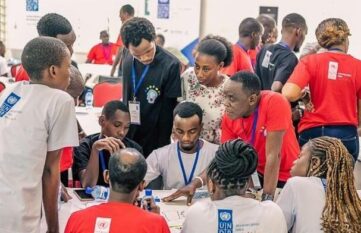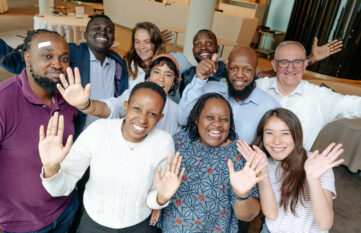© Jason Goodman from Unsplash
Currently, the development and diffusion of innovations is largely shaped by the commercial interests of the private sector. In particular, the big tech corporations (Google, Amazon, Meta, Microsoft) are associated with the major digital innovations of the last decades. Yet without targeted funding from the public sector, the basis for their activities – the Internet – would not even exist. In 1968, a group of researchers commissioned by the U.S. Air Force and led by MIT and the U.S. Department of Defense developed the forerunner of today’s World Wide Web: ARPAnet.
MOI expands innovation policy options for governments
New methodological approaches such as “mission-oriented innovation” (MOI) are taking a closer look at the governmental role in innovation development. They point to new ways in which governments can expand their scope for action and thus, gain greater room for maneuver in innovation policy. MOI is a systematic and holistic approach: it allows innovation processes to be 1) aligned with a specific goal and 2) coordinated across sectoral boundaries.
In contrast to the private sector, the state is independent of the economy
The basic assumption here is that the state does not hinder innovation, but is indispensable for it. In contrast to the private sector, the public sector is more independent of market logic: it can take greater financial risks and thus has the opportunity to drive innovation processes over a longer period of time. In addition, it has a differentiated research network in the form of universities and colleges. State-led industrial and innovation policy based explicitly on mission-oriented thinking is nothing new: The first human landing on the moon in 1969, the Apollo mission, is a prime example.
The BMZ digilab is looking into ways the MOI method can also be used in development cooperation
Today, mission-oriented innovation approaches, such as that of economist Mariana Mazzucato, are once again increasingly being used in the public sector of several industrialized nations. BMZ digilab wants to explore whether and how this approach can be applied in the context of development cooperation and is piloting a MOI program in the thematic area of Gender Digital Divide. The pilot will identify concrete solutions and project approaches (as part of so-called “mission projects”) that can be incorporated into the current project and portfolio development of German DC in the medium term.



